I was a breastfed child and I grew up hearing stories from my mother about how much I enjoyed it. Often, I would hear older mums saying how breast milk is really good for the child and how it helps to create a strong bond between the mother and child. I knew that I definitely wanted a strong bond with my child/ren and if my breast milk would be as good as everyone was saying and would help me to have that, then it seemed it was just the thing for me.
As an adult, I continued to hear similar stories and did some research on it during my pregnancy to learn a little more. I knew people breastfed but I didn’t know for how long? I knew it was good for the child but I didn’t know what exactly about the milk made it so good for the child?
I wanted and needed to tie in the missing details.
On this blog post, I’ve shared some of the things that I’ve learned about breast milk and the process of breastfeeding. Take a look!
First, let’s define breast milk and breastfeeding so that we are all on the same page.
Breast milk: milk produced by a lactating woman (mother)
Breastfeeding: is when a child is fed from milk produced from a woman (generally the child’s mother). However, children can be breastfed from milk produced by other women who do not have any familial or genetic ties to the child. The child can either be fed directly from the breast or the milk can be pumped by a lactating woman, bottled and feed to the child.
Ok. Now let’s continue on to the benefits of breastfeeding. Let’s take it question by question.
How long do people usually Breastfeed? The World Health Organization recommends that mothers breastfeed for a minimum of 6 months. Their ideal suggested timeframe is up to age 2, with acknowledgement that some children are breastfed for a longer period.
What are the nutritional contents of breast milk? Breast milk is a full packaged meal that contains all the nutrients that an infant needs to grow; this includes, carbohydrates, fats, vitamins, and minerals, etc. However, it is worth mentioning that vitamin D is one nutrient that a supplement is recommended because the breastmilk may not contain a sufficient amount to meet the infant’s need.
How is breast milk good for the infant’s immune system? In addition to the nutritional value, breast milk also helps to build the immune system of babies. Infants come out as virtually clean slates. This means that they have not been exposed to any of the bacteria and viruses that we have in this world. They literally were living in a bubble inside their mother’s womb from inception until birth. By being born, their bubbles were burst, leaving them vulnerable to any and everything, which means it’s very easy for them to get sick. Breast milk actually contains an immune booster for the newborns. In the first six months of life or so, the antibodies contained in the breast milk helps to protect the baby against all the bacteria and viruses present in their new world. It gives their little bodies time for all the shots (vaccines) that they take to actually kick in as well.
What are some of the other benefits of breastfeeding for infants? Breastfeeding increases the protection that babies have against a host of illnesses and conditions including common childhood infections and allergens. Some sources say that if getting the milk directly from the breast, the skin-to-skin contact helps with the mental and emotional development of infants. Lastly, it lowers their risk of suffering from sudden infant death syndrome (SIDS) but of course, it is not understood exactly how this works.
What is the financial cost associated with breastfeeding? I like to say that the financial cost associated with breastfeeding is $free.99. But on a more serious note, breastfeeding is as expensive as the mother’s diet. Look at it this way, a mother has to eat in order to nourish her body and remain healthy, right? Right! A breastfeeding mother only has to increase her caloric intake by about 500 calories a day, that’s 1/2 a meal for some people or a few extra snacks. For a newborn, that is enough for them to feed every 2-3 hours, and since their bodies work on a 24 hour clock (poor sleep-deprived mum), that’s 8-12x a day! Amazing!
How is breastfeeding good for the mother’s recovery after childbirth? Breastfeeding actually helps the mother heal and recover faster after childbirth. For example, in the first days following the birth of a child, the mother’s womb (uterus) which had expanded and enlarged to carry the child, now has to contract and return back to pre-baby size. While the mother is nursing the child, she can actually feel contractions (still painful ones I might add) which is signaling to her that her uterus is contracting because the nursing is triggering the release of the hormone oxytocin that the tells the uterus to contract and go back to size. Yep, that pain is actually good. It can reduce postpartum bleeding (amount and length of time) and it’s serving as a direct indicator that mummy is well on her way to her recovery.
How does breastfeeding help the mother lose the weight gained during pregnancy? In order to produce energy for a tiny human, the mother’s body has to work, work, work! This process requires a lot of fuel and we all know that energy cannot be created or destroyed, only transferred…right…right! So, with that being said, the extra energy, or shall we call it calories needed to produce breast milk has to come from somewhere and you guessed it…the Mummy bump also known as “baby fat.” So yes, it can help mummy lose that pregnancy weight faster. Ok snapback, I’m with it!
What other ways is breastfeeding beneficial to mummy? Breastfeeding can actually reduce a mother’s risk of some diseases including breast cancer, osteoporosis, and ovarian cancer. Not the mention, the joy and pride she feels knowing that she is actually sustaining a tiny human. Simply incredible!
For more breastfeeding resources, check out our breastfeeding resource page.

- Pressing on Through Challenges - April 30, 2022
- Life Is… - March 22, 2022
- Check-in Time: Are You Feeling Supported? - February 1, 2022
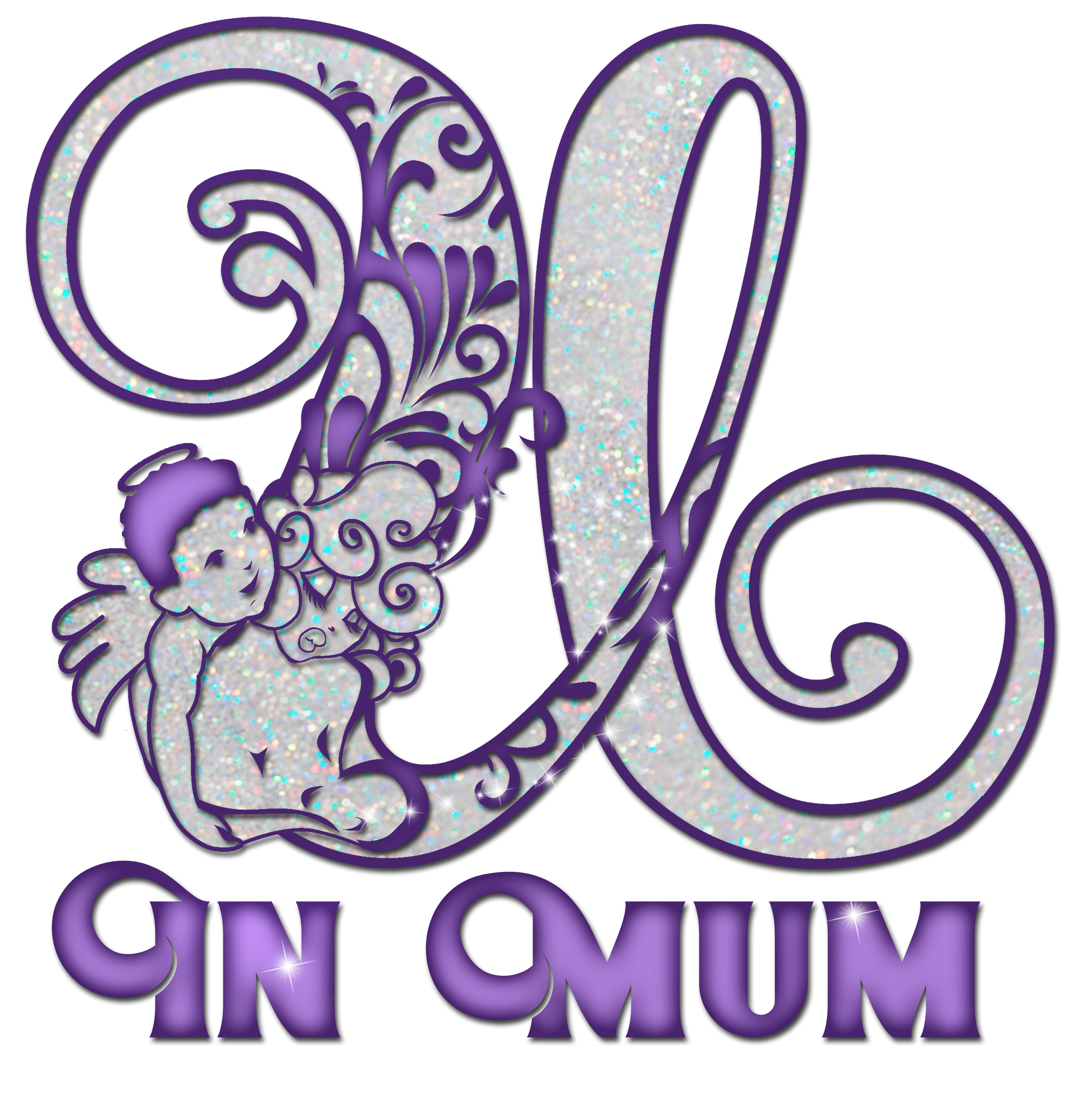

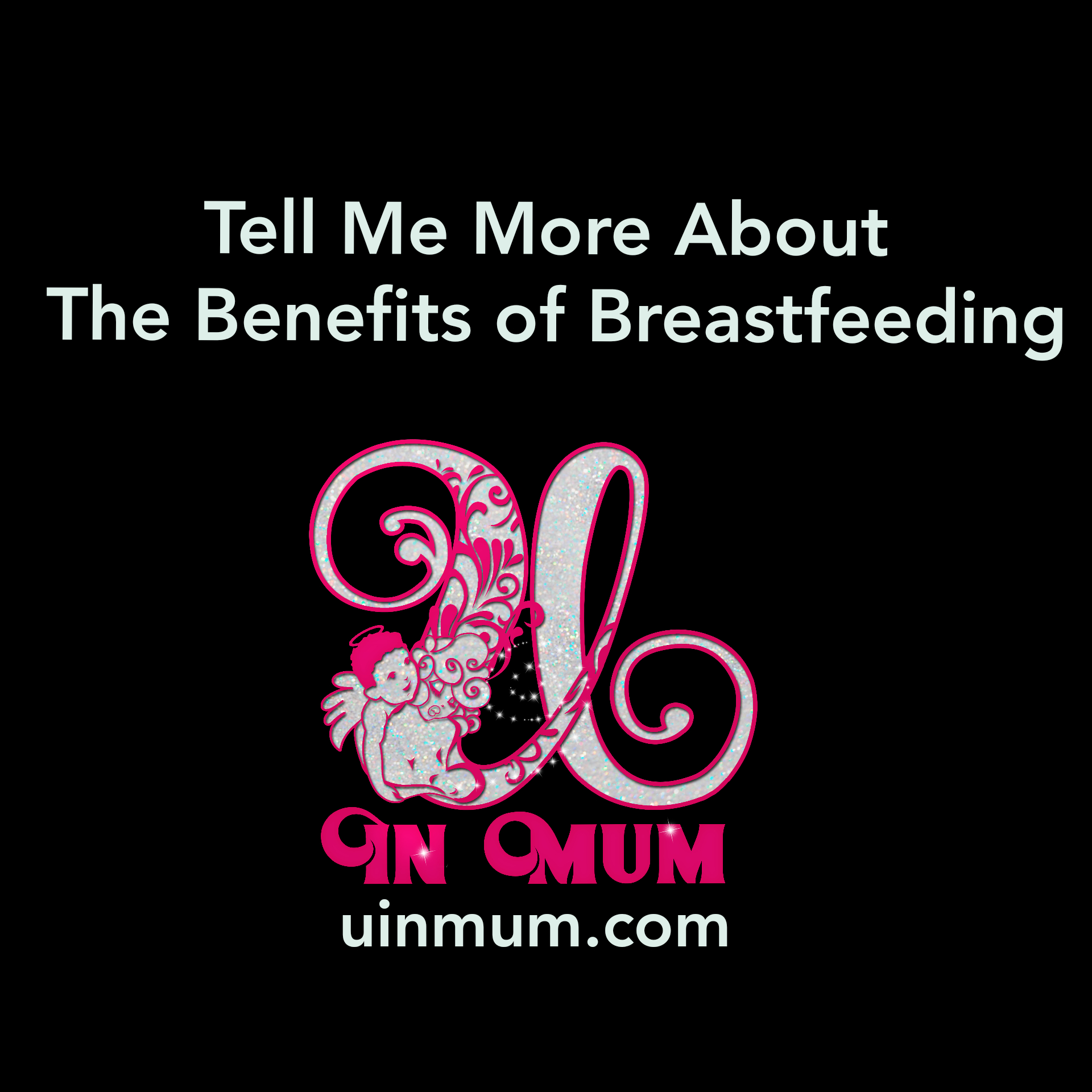
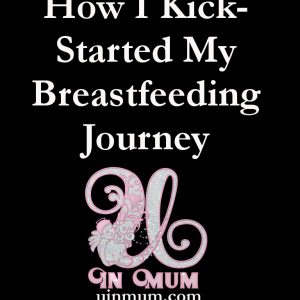
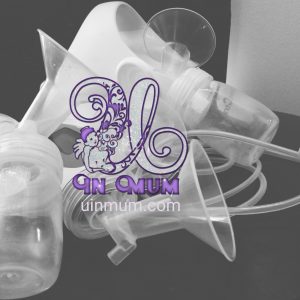
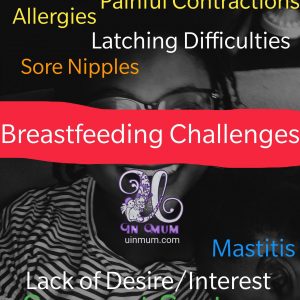
[…] Pumping helps mummies and babies with difficulties latching. After birth, not every child is able to latch on to the mother’s breast directly or successfully for one reason or another including because of medical emergencies as in the case of premature babies that have to be cared for in the NICU. Pumping provides a way for mums to still supply their little ones with breast milk and allows the babies to still receive all the benefits of the breast milk, also known as liquid gold. […]
[…] In fact, I think you should also go and check out that article after reading this one by simply clicking here. In it, I discussed some reasons why I feel breast pumps are essential equipment for breastfeeding […]